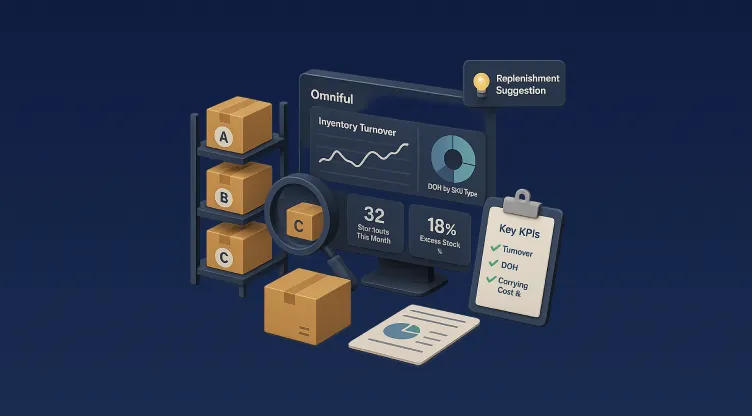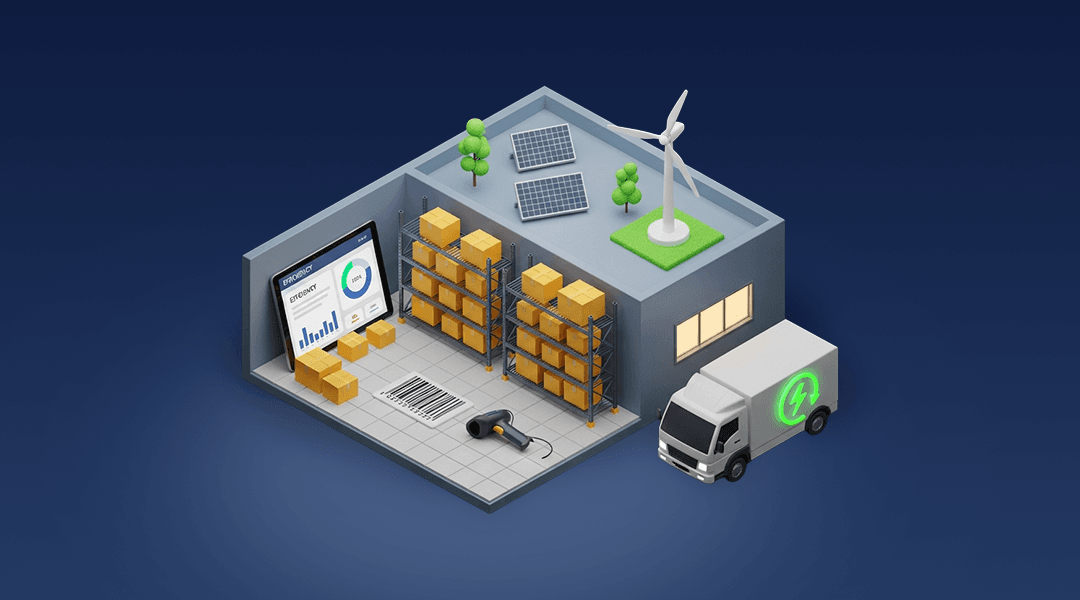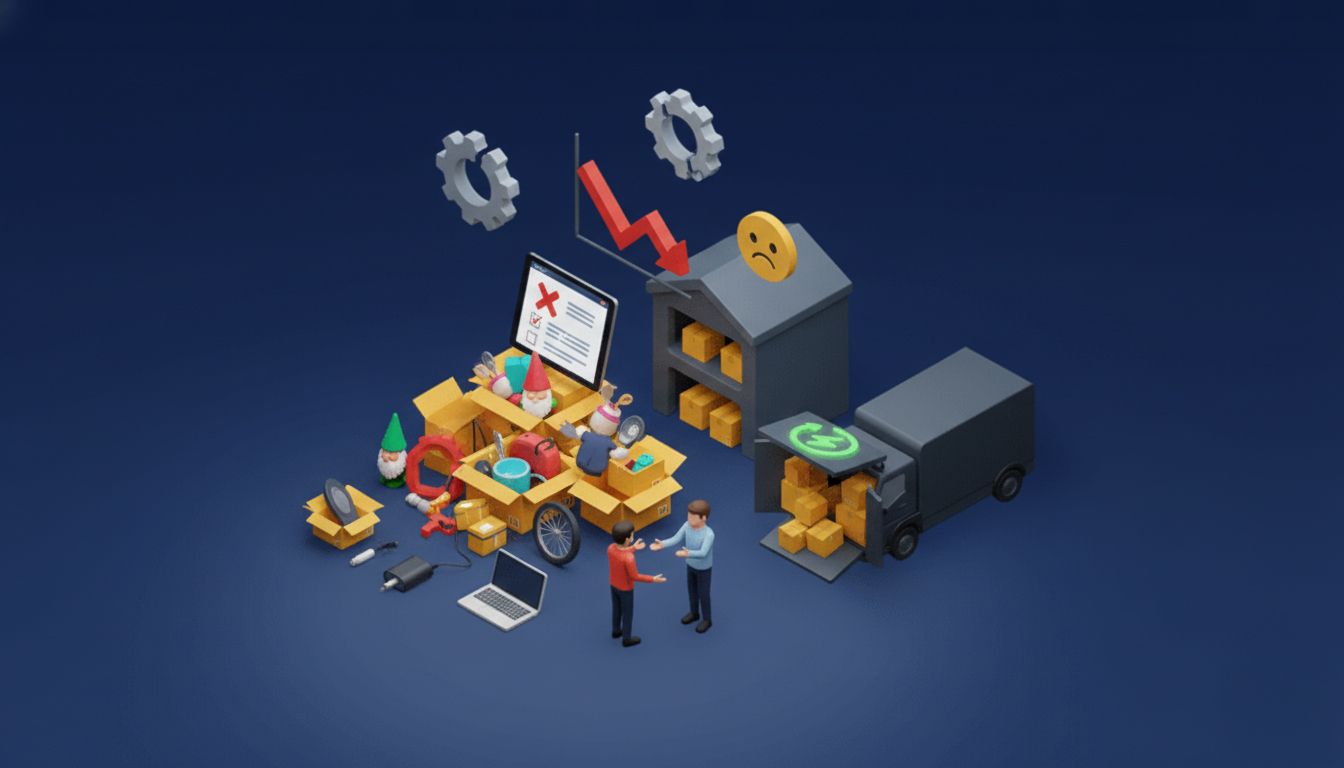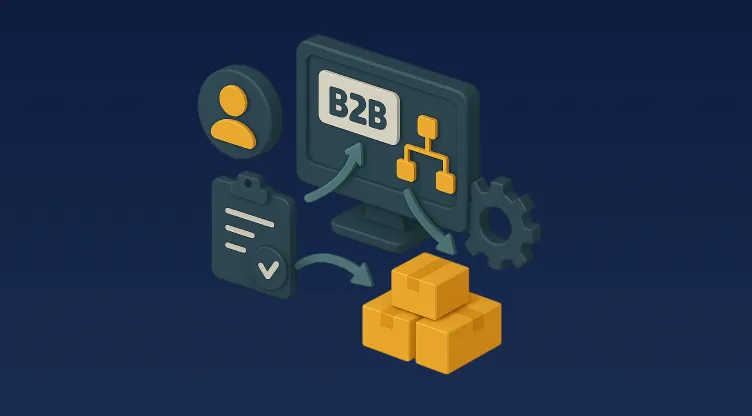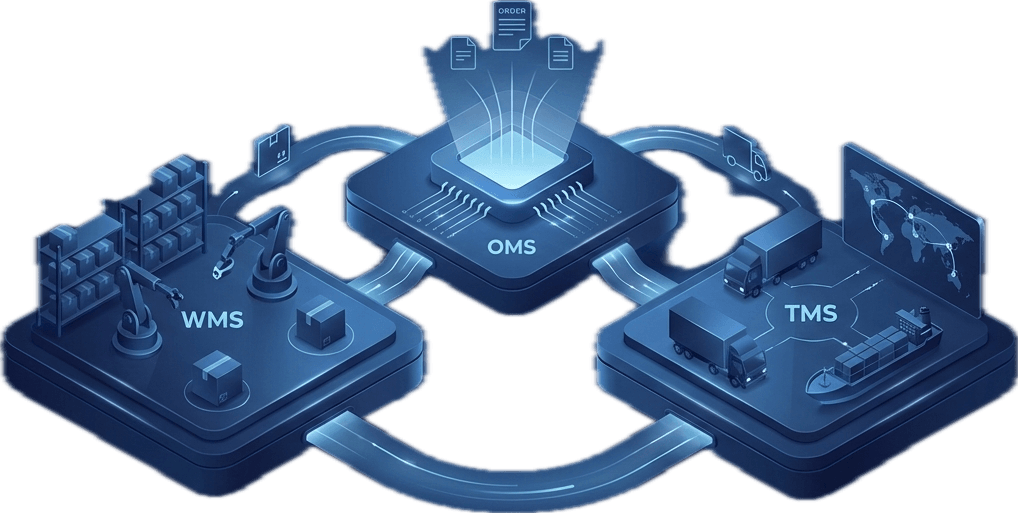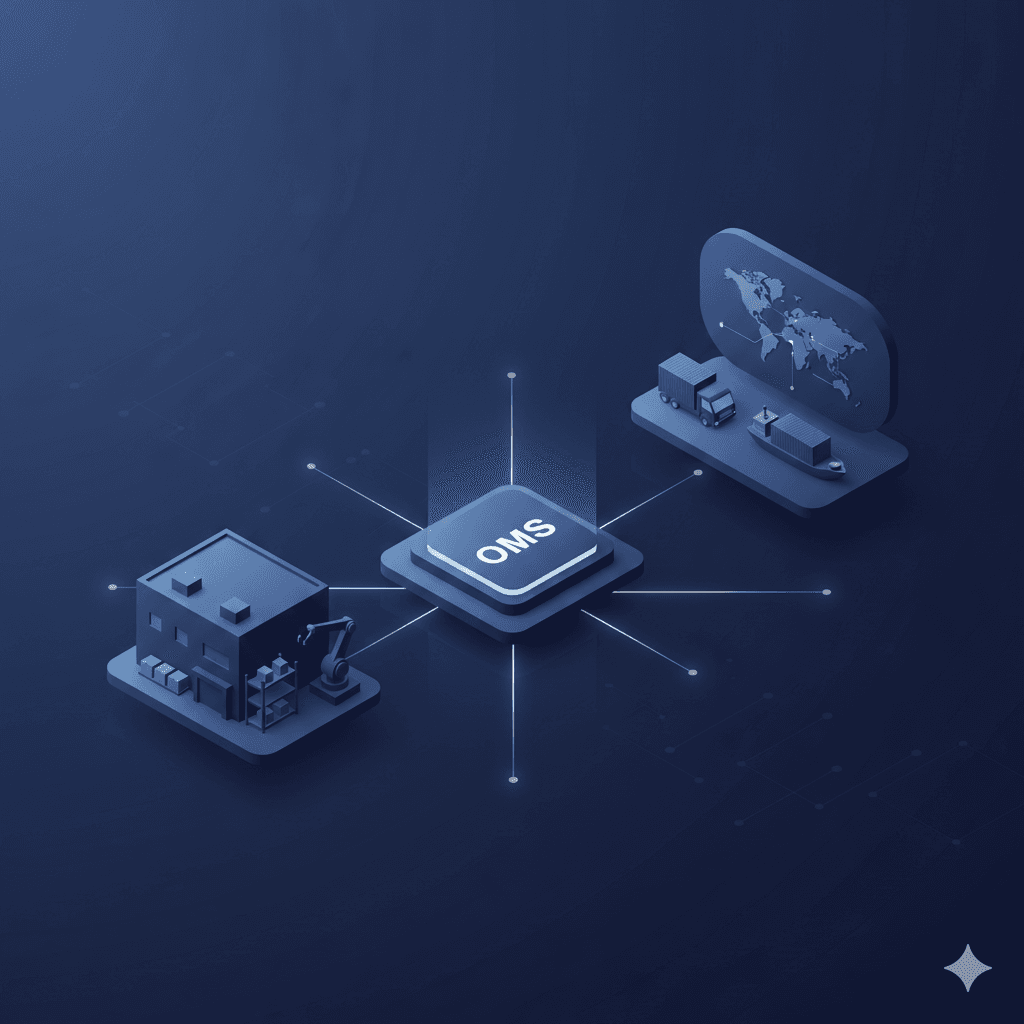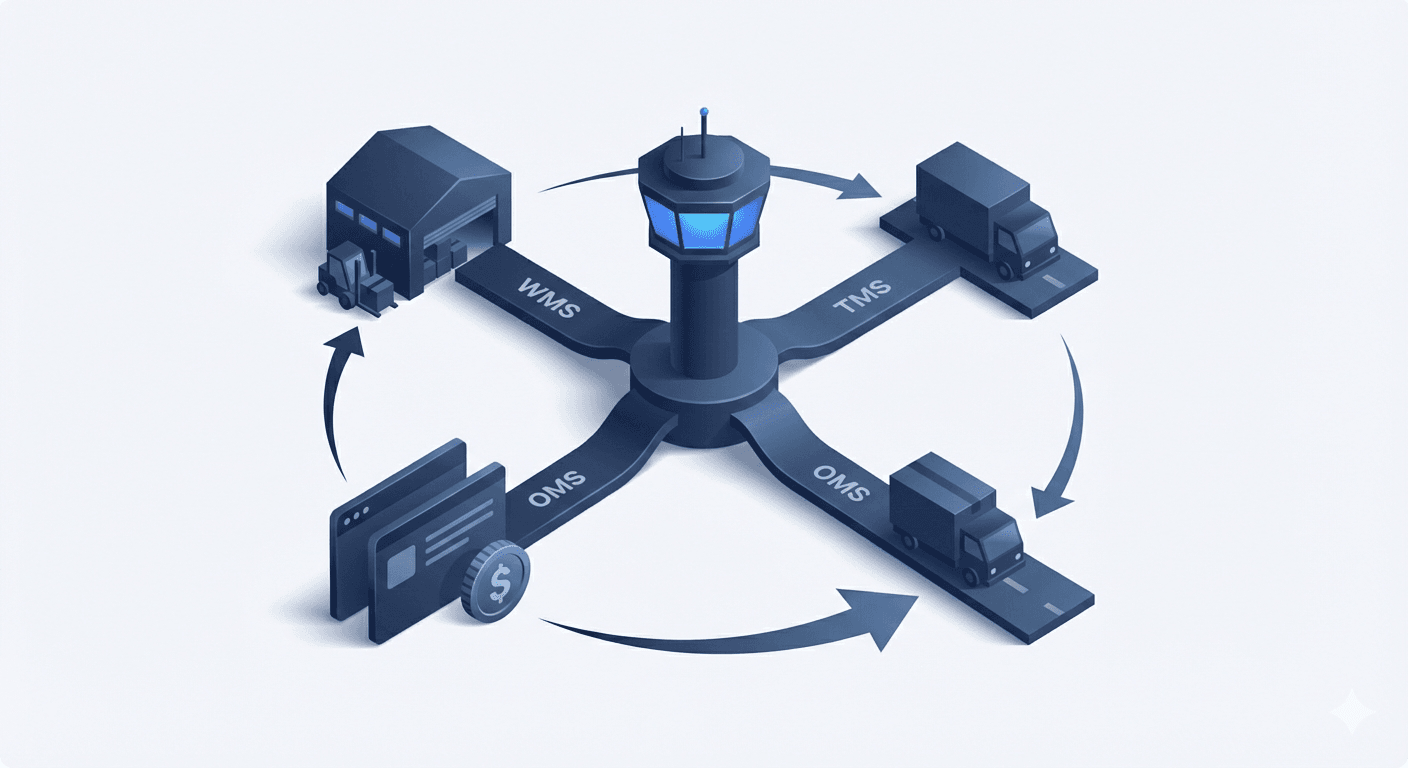Returns Data Mining: Identifying Recurring Product Issues, Using Data to Optimise Production

Table of Contents
Quick Wins: What You’ll Learn in This Article
- Returns management holds valuable product performance data
- Technology solutions can extract insights from every returned item
- Reverse logistics isn’t just about refunds—it’s a feedback engine
- Analysing returns trends helps identify quality or design problems
- MENA brands can reduce returns through data-driven production adjustments
- Omniful offers advanced returns management tools for insight-driven fulfilment
- Smarter post-purchase tracking can lower costs and boost retention
Introduction: Why Returns Hold the Answers You’re Looking For
In retail and eCommerce, returned products are often seen as a cost. Yet behind every return lies data—about what’s broken, what didn’t fit, or what disappointed the buyer.
For MENA-based brands, the volume of product returns is rising with online sales. From Riyadh to Dubai, shoppers now expect seamless return experiences. But beyond convenience, these returns also bring insight.
With the right technology, your team can mine this data, spot patterns, and adapt production. This is how smart reverse logistics becomes a competitive edge.
The Hidden Value of Reverse Logistics in the MENA Market
Returns are growing fast. According to regional logistics reports, nearly 30% of online purchases in GCC countries now involve a return. That number is higher in fashion and electronics.
Every time a customer sends something back, they leave a digital trail:
- Reason for return
- Condition of product
- Purchase date and location
- Usage before return
- Customer feedback
This data, when aggregated and analysed, reveals much more than return rates. It highlights:
- Design flaws in specific batches
- Poor sizing across a product line
- Damage during packaging or transit
- Material failures or assembly weaknesses
- Supplier inconsistencies by location or season
By connecting the dots, you’re not just reacting to returns—you’re preventing them.
What is Returns Data Mining?
Returns data mining is the process of collecting and analysing return-related data to identify trends and patterns. It involves combining information from:
- Order histories
- Inspection reports
- Warehouse data
- Customer service logs
- CRM feedback
This practice helps companies:
- Improve future versions of products
- Reduce warranty claim rates
- Identify high-risk SKUs
- Lower production waste
- Prioritise design or material improvements
When integrated with reverse logistics systems, this becomes a powerful closed-loop learning model.
How Technology Solutions Turn Returns into Smart Decisions
Modern technology solutions can now automate much of this process. Here's how:
Tag-Based Return Analysis
Items returned are tagged with digital labels. The system records return reasons, SKU, and inspection results. This allows for easy trend tracking.
Image Recognition and AI Sorting
Some platforms use image recognition to assess physical damage. This reduces manual inspection time and improves objectivity.
Integration with Inventory and Production Systems
Once issues are identified, alerts can trigger updates to:
- Inventory tags (e.g. "at-risk item")
- Product listings (e.g. updated sizing charts)
- Supplier performance dashboards
- Production floor inputs
A strong Inventory Management System ensures these insights are shared across departments.
Automated Feedback Loops
Advanced systems create automated rules, such as:
- If a SKU returns spike by 10% in 30 days → alert quality team
- If damage occurs during packaging → notify warehouse manager
- If return reason is “wrong size” repeatedly → flag for re-measurement
Real-World Scenario: Optimising Product Quality with Returns Data
Case: Lifestyle Brand in the UAE
A regional fashion retailer noticed a surge in returns from its summer collection. Using Omniful’s Returns Management system, they mined data from:
- Customer return reasons
- Product condition photos
- Item sizes and locations
- Time of purchase vs. temperature trends
Findings:
- Fabric seams were breaking after one wash
- A batch of size ‘M’ was smaller than specs
- Issues traced to a single offshore supplier
Action:
- Stopped shipments from that batch
- Updated size guides for online listings
- Changed stitching materials for next run
- Flagged supplier for audit
Result:
- Return rate dropped by 40%
- Customer complaints decreased by 60%
- New season sales improved 23% due to improved trust
Omniful’s Role in Smarter Returns and Reverse Logistics
Omniful’s platform was built to help MENA businesses streamline not just orders but also post-purchase operations.
Its Returns Management module allows brands to:
- Track each return’s journey, from doorstep to warehouse
- Inspect returned items with notes, photos, and condition logs
- Integrate inspection data with WMS and OMS
- Push feedback into supplier performance reviews
- Generate product improvement reports by SKU, category, or season
Combined with Omniful’s Warehouse Management and Order Management System, you get an end-to-end view of why things fail—and how to fix them.
Returns Aren’t a Problem—They’re an Opportunity
Businesses across Saudi Arabia, the UAE, and Egypt face similar pain points:
- High return costs
- Customer churn from repeat issues
- Waste from preventable defects
- Delays from manual inspections
But the solution isn’t just fewer returns—it’s smarter returns.
By turning your return flow into a feedback loop, your brand becomes more responsive, resilient, and respected.
You don’t need to fear post-purchase activity. With data-driven reverse logistics, you can learn, adapt, and grow.
Ready to Optimise Returns with Real-Time Data?
Omniful gives your team the tools to transform returns into production improvements.
✅ Explore Returns Management
✅ Automate Return Data Insights
✅ Book a Demo with Omniful
FAQs: Making the Most of Returns Data
What is reverse logistics?
Reverse logistics covers processes related to returned goods, including pickup, inspection, and restocking or disposal.
How does returns data help production?
By identifying recurring defects, sizing problems, or packaging weaknesses, businesses can improve products before relaunch.
Can returns management integrate with other systems?
Yes. Omniful connects with your WMS, OMS, and supplier platforms.
Is this solution suitable for the MENA region?
Absolutely. Omniful was built in Riyadh and supports regional business models and workflows.
Can this reduce return rates over time?
Yes. Clients using Omniful’s tools have seen measurable drops in repeat returns after implementing feedback-driven changes.



